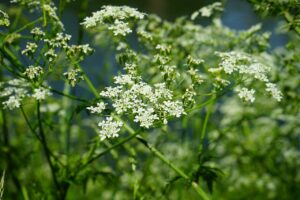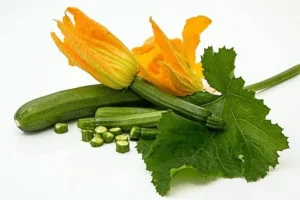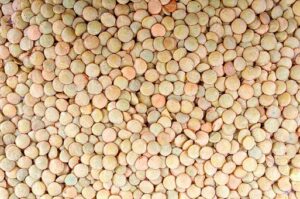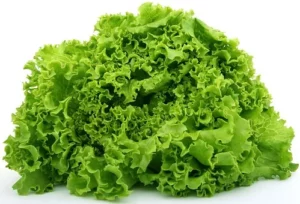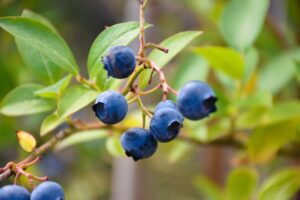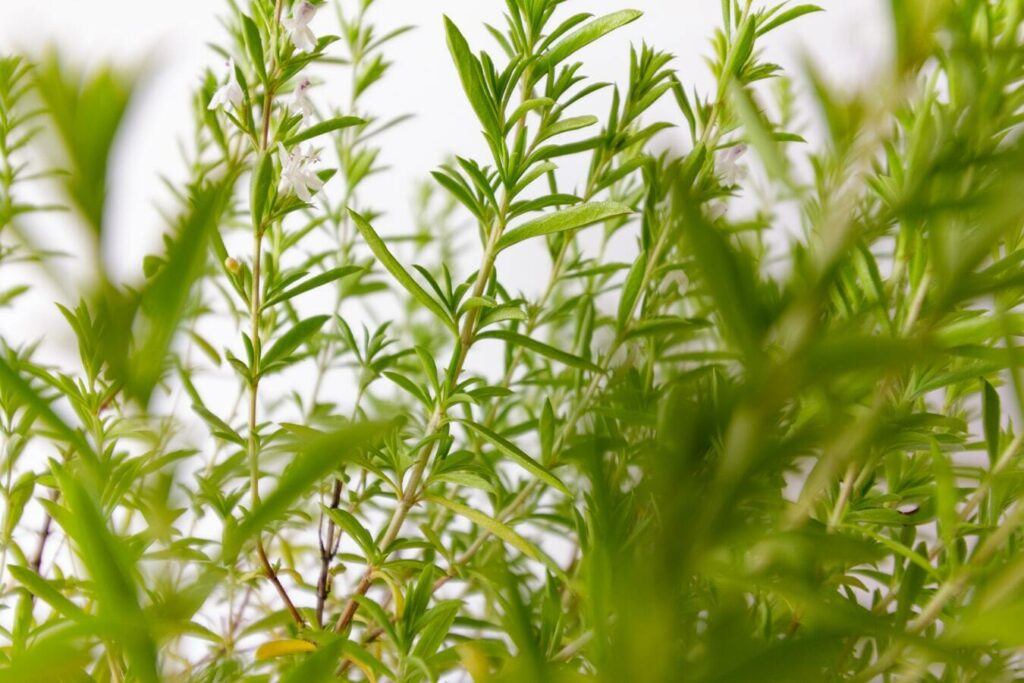
The thrombus (Satureja thymbra) is a native plant that is found throughout Greece. It is also known as thrombus, thrombus, saturegia, tragoriganos, elder grass. It belongs to the family of lipsticks. Its flowers are pink or white, its leaves are dark green and its trunk is woody. It reaches a height of 30-50 cm. Prefers sunny rocky and calcareous soils. It blooms from June to August.
Thrombus ingredients
The terrestrial parts are used for therapeutic purposes. Its flowers are mainly useful, the essential oil but, in some cases, the whole plant. The essential oil of the plant is obtained by distilling the flowers, leaves and branches and the best quality is given by the dried plants. Contains active ingredients such as terpene, pine, carvacrol, cumin, cineole and thymol.
Thrombus can be used in the following forms.
- Decoction of flowers, trunk and leaves.
- Infusion made from flowers or leaves.
- Patch, dissolve the whole plant.
- Essential Oil

The medicinal uses of thrombus
The healing properties of the essential oils, have long been known in ancient times. Known to the ancient Greeks who gave it digestive properties, it was associated with Roman orgies where it may owe its name (satyrus> saturejia), while its planting in the medieval monasteries was forbidden because it was considered a powerful aphrodisiac. The ancient Greeks made wine flavored with thrombus, the thyme wine. In many countries it is still added to digestive liqueurs. During the Middle Ages, thrombus was used as a decoction for sore throats, coughs, toothaches and sores in the mouth, as well as as a disinfectant for various utensils due to its antibacterial and antimicrobial properties. Thrombi is also used in cooking and has a strong taste reminiscent of thyme and oregano.
Its main properties are:
- It acts as a digestive and stimulates the appetite.
- Stimulates the body.
- Helps treat diarrhea, intestinal cramps, colic pain, gastric atony, indigestion, nausea and sourness.
- Helps remove gas from the stomach, relieves bloating and contributes to the proper functioning of digestion.
- Used as an expectorant. Soothes cough and is suitable for bronchitis and asthma.
- Antiseptic, in wounds and insect bites, as it offers immediate relief.


